ABQAURP News March 2023
Redesigning Care Through Service Excellence, Technology, and Disruptors – Save $50 by May 31st!
Don’t miss this year’s annual conference! Join ABQAURP as we develop strategies to integrate technology, disruptive delivery models, and service excellence into practice to address the challenges of social determinants of health, improve the population health of communities served, and expand opportunities and patient outcomes for providers.
Early Registration Discount – Save $50 by May 31st!
Sheraton Sand Key Resort – Clearwater Beach, FL
October 19 – 20, 2023
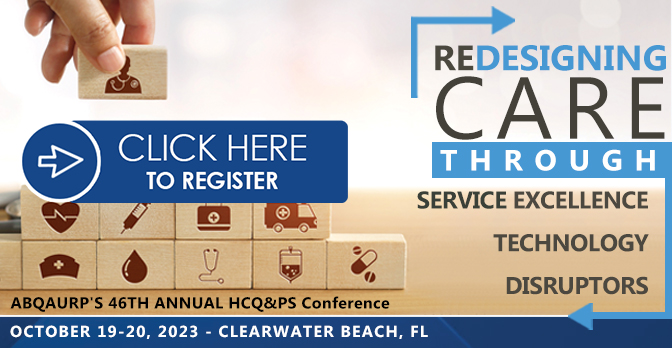
2023 Annual Conference Featured Session
Left Behind, Again? Addressing SDoH Barriers of Digital Equity of the Underserved in the Age of Web3 & the Metaverse
Ann Ingraham, PhD – CEO, Exponential HealthTech Advisors, LLC
Are we leaving underserved communities and their health and digital equity behind again as we transition to a Web3 and Metaverse platform?

| Web3 and the metaverse are emerging technologies that can potentially transform and disrupt the way healthcare is delivered to underserved communities. This transformation and disruption could have significant impact on the patient experience, health equity, and digital equity because of the barriers in accessing healthcare services. Although the metaverse and Web3 could enhance care delivery by leveraging cross-border virtual services, the barriers to social determinants of health (SDoH) still exist and may even be exacerbated. To close the digital gaps and address the SDoH barriers in a Web3 and metaverse world, we must take a multifaceted approach. As clinicians and providers of care and services, we play an important role in promoting digital health equity.
Web3 & the Metaverse The metaverse is the platform for Web3 connection and will change the way patients and clinicians interact, communicate, create, and exchange valued healthcare services. The metaverse will provide a way for patients and clinicians to have an immersive experience. A Web3-Metaverse platform potentially can improve interoperability4 because the digital assets (such as the patient’s medical record) will be transferrable between metaverse platforms. In our current Web 2.0 environment, a patient never owns their medical record; the provider, medical institution, or vendor that generated the record does. In Web3, the patient will own their medical record (digital asset).5 Ownership of the patients’ medical records will be confirmed by using medical non-fungible tokens (NFTs)6 which are blockchain-based tokens and considered irrevocable digital certificates of ownership and authenticity. Yes, the metaverse is the next version of the internet and a great disruptive innovation that will decentralize patient data plus give them an immersive and interactive experience by taking advantage of virtual reality (VR), augmented reality (AR), and artificial Intelligence (AI) technologies. A report from Market Research Future (Healthcare in the Metaverse) predicted that by 2030, the healthcare metaverse will be valued at approximately $5.37 billion at a compounded annual growth rate (CGAR) of 48.3%.7 Barriers to Adoption and How Those Barriers Will Impact Underserved Patients in a Web3 and Metaverse Era The main causes of resistance to adoption of the metaverse platform will fall in the patient barrier category because of the lack of perceived benefit of using the metaverse and poor digital literacy. If patients and caregivers do not see the benefit in using the metaverse ecosystem or if entering data into the system is inconvenient, they will not use it. Poor digital literacy about the metaverse will be more impactful in low-income communities. Middle-income communities will also be impacted if there are constraints on being able to expand the technology to improve patient engagement, provide system accessibility, ensure system affordability, ensure improvement of quality care, and ensure improvement of provider productivity. Additionally, other barriers will include situations when engaging with the metaverse creates more work for the patient, where there is a lack of privacy and trust, where there are technical challenges, and limited access to computers and other supporting equipment such as VR goggles. In middle-income and low-income communities, technology fears, cognitive and physical disabilities, poor metaverse literacy, and lack of cultural relevance will prove challenging for seamless adoption.11 Clinician’s Role to Promote Health Equity in a Web3 and Metaverse Era Figure 1 outlines a digital health equity framework which can be used for Web3-Metaverse platform adoption efforts so that clinicians can help reduce the digital gap and promote health equity for their patients across four Levels of Influence (Individual, Interpersonal, Community, and Societal). To start, clinicians can act as a metaverse facilitator and focus their efforts on the Digital Environment Domain of Influence (highlighted) and on the Individual Level of Influence to help their patients adopt Web3 services by raising awareness of metaverse services. Staff will also need education in metaverse services so that they can better support patients.14 Conclusion Learn more about Web3 and the Metaverse during Dr. Ann Ingraham’s session at ABQAURP’s Annual HCQ&PS Conference on Friday, October 20, 2023. For more information and to register, visit www.abqaurp.org/AnnualConference.
Click here for article references. CE Spotlight Course Workforce – Past, Present, and Future Marie Cleary-Fishman, BSN, MS, MBA, CHCQM
Complimentary for ABQAURP Diplomates and Professional Members – March 30, 2023 through April 29, 2023*
View this course and all our online offerings HERE.
*Price will automatically update in your cart to no charge when ordering online. Spotlight course is also available to non-members at regular price. The American Board of Quality Assurance and Utilization Review Physicians, Inc. (ABQAURP) is accredited by the Accreditation Council for Continuing Medical Education to provide continuing medical education for physicians. ABQAURP designates this enduring material for a maximum of 1.0 AMA PRA Category 1 Credit™. Physicians should claim only the credit commensurate with the extent of their participation in the activity. ABQAURP is an approved provider of continuing education for nurses. This activity is designated for 1.0 contact hour through the Florida Board of Nursing, Provider # 50-94
2023 HCQM Certification Exam – Now Taking Applications!Certification in Health Care Quality and Management (HCQM) is for physicians, nurses, and other health care professionals who are committed to Health Care Quality and Patient Safety. Validate your expertise by earning the Certified in Health Care Quality and Management (CHCQM) credential!
Click Here For Details and to Register Now!
CHCQM Digital Credentials! 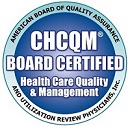 Health Care Quality & Management Certification Issued by American Board of Quality Assurance and Utilization Review Physicians© (ABQAURP)
Earners who have achieved certification in HCQM are deeply committed to patient safety, health care quality, and effective care. Those certified in HCQM demonstrate their superior ability to critically evaluate industry literature, identify evidence-based best practices, and make recommendations that balance appropriateness of health care services with cost and quality. HCQM Board Certification addresses the need for effectiveness, efficiency, equity, safety, and timeliness.
Last year, Diplomates were issued CHCQM digital credentials through Credly. There is still time to “Accept” your badge to download and utilize your CHCQM and Sub-Specialty digital credentials.
This electronic representation of your hard-earned credential will be displayed on the Credly website for users to share with colleagues and employers. You can easily share this on your social media platforms like LinkedIn. This program replaces the Diplomate Logo program and eliminates the need for you to apply and submit forms to enable your logo. An invitation to accept your credential is automatically sent to all candidates that successfully complete the HCQM Certification Exam, renew their certification bi-annually, or earn a sub-specialty credential during their membership.
To accept your digital credential(s), create a free, secure account at Credly.com. Your CHCQM and any sub-specialty credentials will be available on your Dashboard to accept, share, and download.
If you have questions about digital badge use, visit: https://www.abqaurp.org/ABQMain/CHCQM_Badge_Landing.aspx. If you did not receive your digital badge notice from Credly, please email us at: abqaurp@abqaurp.org.
 Diplomates and Members: 2023 Member Referral ProgramIt’s a new referral program year! ABQAURP Diplomates and Professional Members are eligible to receive a $25 referral bonus when referring new Professional Members and HCQM Exam Candidates. Earn a bonus for each referral and qualify for the $500 Visa gift card for the most referrals, includes a registration for the 2024 Annual Conference to receive your prize!
View details in the Member’s Only section of the website: www.abqaurp.org/Members_Only.aspx Spring Cleaning – Is your Profile Up to Date?Please check your ABQAURP member profile to ensure your contact information is current. We frequently send email and mail to our members and want to make sure you receive all of our special offers, your membership materials, and promotions! Just sign in on the website, click the button with your name, and use the pencil icon to make any changes.
Is Your Continuing Medical Education Accredited?ABQAURP welcomes applications for joint providership of educational activities for continuing medical education credit. ABQAURP accredits a variety of activities including live activities, enduring materials, and more. As an accredited provider, ABQAURP works with each joint provider organization to ensure the accreditation process runs as smoothly as possible. Follow ABQAURP on Social NetworksFollow us on social media to keep up to date on our announcements, special incentives on our programs and services, and topical discussions from fellow leaders in the health care arena! Share strategies with your peers to cope in this uncertain time. |
|||||

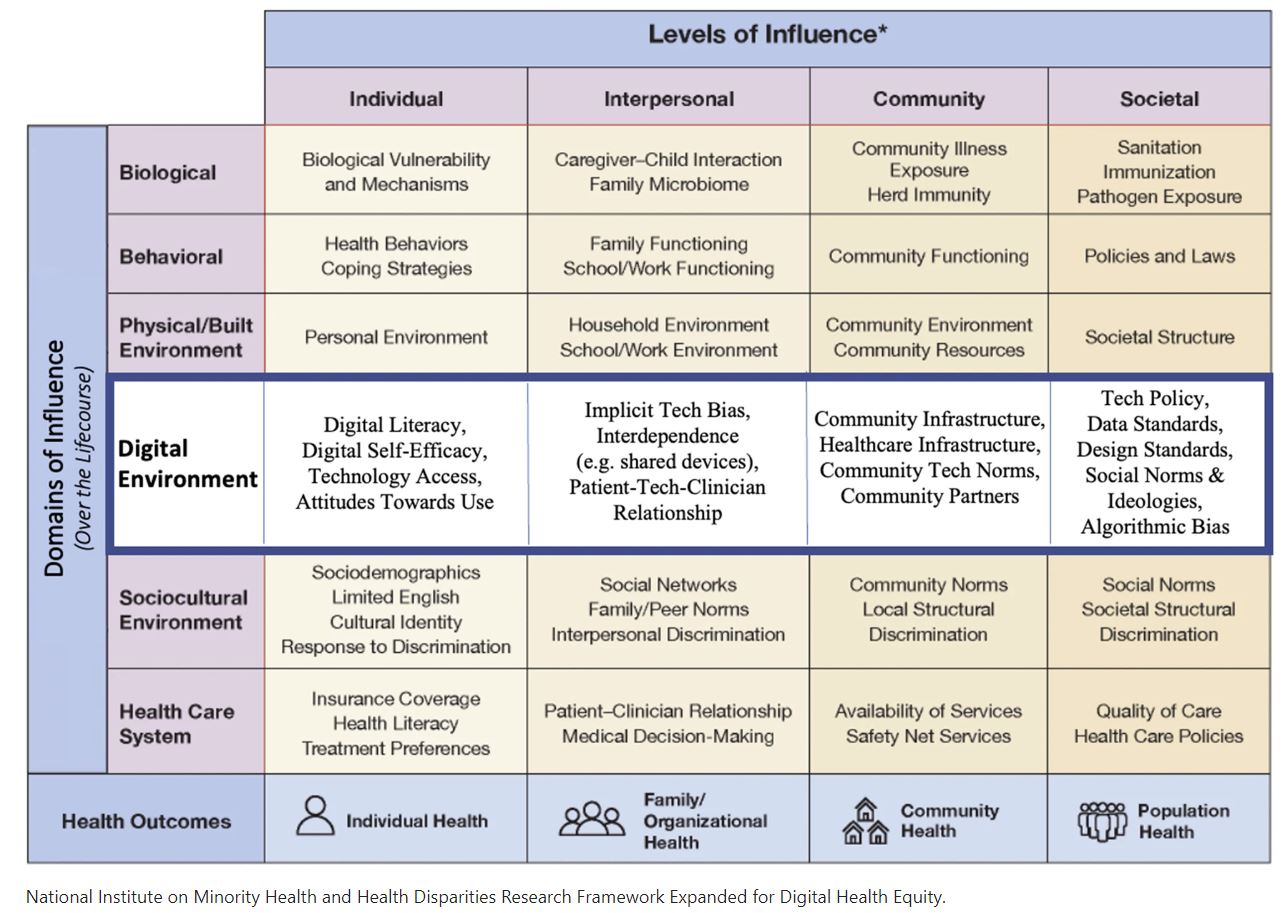
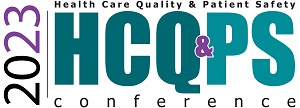

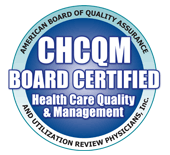

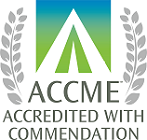
 ABQAURP LinkedIn Group
ABQAURP LinkedIn Group ABQAURP Facebook Page
ABQAURP Facebook Page